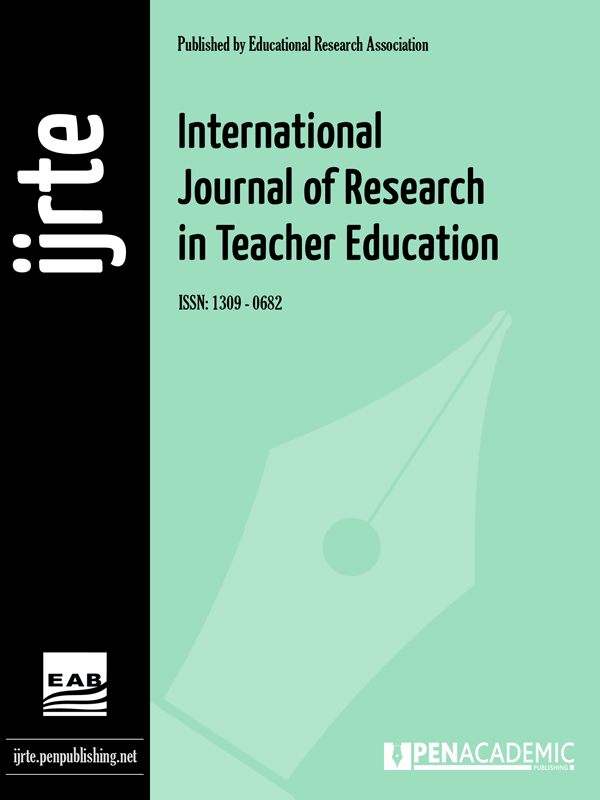Original article | International Journal of Research in Teacher Education 2019, Vol. 10(1) 54-65
Emotional self- efficacy amongsenior secondary school students: An Exploratory Study of Kashmir
Nimisha Beri & Aadil Mohd Akhoon
pp. 54 - 65 | Manu. Number: MANU-1805-08-0001
Published online: March 15, 2019 | Number of Views: 156 | Number of Download: 667
Abstract
The present study was conducted to find the level of Emotional self-efficacy among senior secondary school students. Emotional self-efficacy is known as individual’s faith about their capacity to categorize and accomplish courses of action necessary to achieve desired outcomes. In order to obtain accurate and relevant data descriptive survey method and stratified random sampling technique was used in the present study. The sample size of the study was 202 senior secondary school students from Baramulla district of Kashmir. In order to collect data for the study scale on Emotional self-efficacy by Dr. Nimisha Beri and Manisha Jain (2015) was used. The objective of the study was to analyze the level of emotional self –efficacy and to find the differences in emotional self-efficacy with respect to gender and type of school. The results of the study revealed that maximum students are having average level of Emotional self-efficacy, no difference was found in Emotional self-efficacy among male and female senior secondary school students but government and private senior secondary school students differed significantly in emotional self-efficacy.
Keywords: Emotional self-efficacy, Secondary School Students, Kashmir, Exploratory
| How to Cite this Article? |
|---|
|
APA 6th edition Harvard Chicago 16th edition |
| References |
|---|
|


